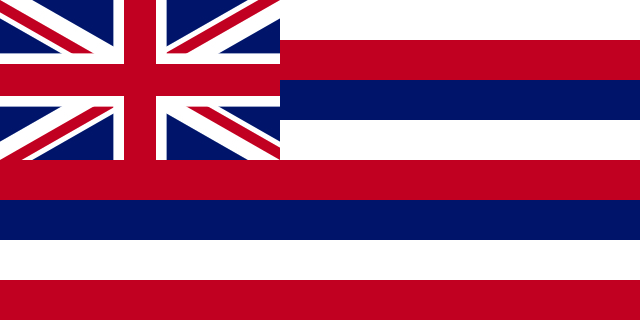Cultural Access Agreement
Cultural access into sacred Mākua is guaranteed to the community by way of a settlement between Mālama Mākua and the United States army in 2001. The court-sanctioned Cultural Access Agreement, signed in 2002, governs the actions of the army, Mālama Mākua and the community when it comes to cultural access into sacred Mākua. Daytime cultural access is held twice per month, with overnight accesses held twice each year. The community had two extra overnight accesses in 2018 with two more extra overnight accesses in 2019 as compensation for the armyʻs recent multi-year denial of access. Future access dates can be found on the Home page as well as the Cultural Access Information page.
Despite both the army and Mālama Mākua agreeing to this Cultural Access Agreement, we have had to take the army back to court several times for failing to uphold their part of the agreement, including in late 2016 after being denied cultural access for nearly two years. Cultural access has been almost completely restored to where the community and Mālama Mākua, as well as Mākua herself, enjoyed it before first being denied access in 2014. There are several documents which make up the Cultural Access Agreement, including modifications and maps. All of the documents can be found through the links on this page. If documents do not open properly, you can view them by downloading.
cultural access agreement, APPENDIX B
The Cultural Access Agreement was signed by Mālama Mākua and U.S. army officials in 2002. Though there have been a few modifications, the original agreement is still in effect. Appendix B of the CAA is where most of the rules regarding cultural access into sacred Mākua are found.
District court filing of the cAA
Though a settlement between Mālama Mākua and the U.S. army was entered into on Oct. 14, 2001, the Cultural Access Agreement was filed with the U.S. District Court on July 18, 2002. The original waivers of liability as well as the original script of the safety briefing read by U.S. army personnel or contractors before each access is also included here. Both the original waivers of liability and the original safety briefing script have been modified by the army.
CAA appendix b modifications
Appendix B of the Cultural Access Agreement between Mālama Mākua and the U.S. army has been modified by mutual consent twice, once in 2008 and again in 2018. Both times, the modifications dealt with where it was allowed for cultural access participants into sacred Mākua to go barefoot. Areas where going barefoot is guaranteed, if participants choose, are around the three ahu at the front of the valley, in the area of the kiʻi pōhaku, or petroglyph rock at the front of the valley, as well as nearly all firebreak roads. Covered shoes are required to be able to connect with all other sites.





